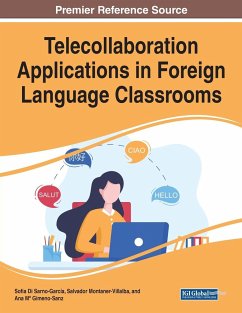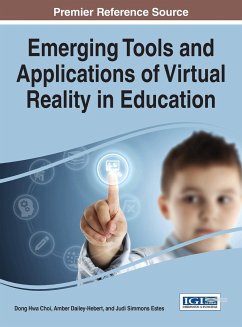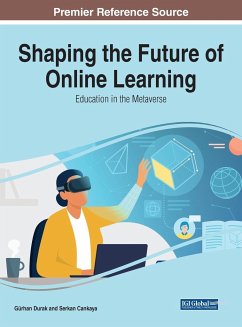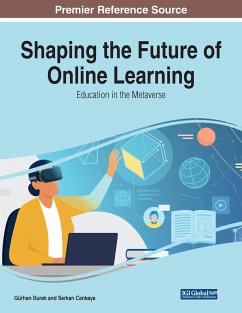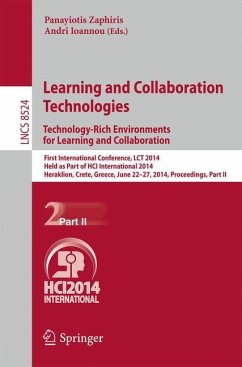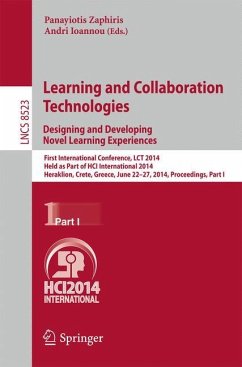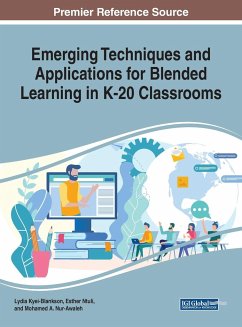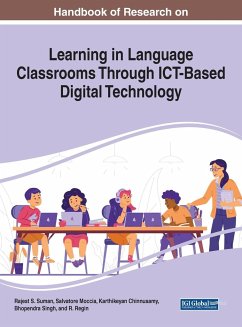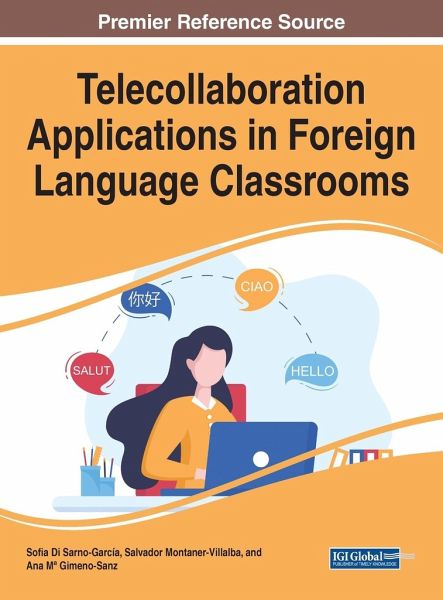
Telecollaboration Applications in Foreign Language Classrooms
Versandkostenfrei!
Versandfertig in 1-2 Wochen
201,99 €
inkl. MwSt.

PAYBACK Punkte
101 °P sammeln!
In today's globalized world, telecollaboration offers a valuable tool to foster language learners' intercultural communicative competence, which is strongly related to pragmatic competence. Therefore, both pragmatic and intercultural skills need to be fostered in the foreign language classroom. As telecollaboration projects can be carried out in many ways, further study on the latest original research is required. Telecollaboration Applications in Foreign Language Classrooms reports current empirical research methods and reviews relevant theoretical advances in the implementation of telecollab...
In today's globalized world, telecollaboration offers a valuable tool to foster language learners' intercultural communicative competence, which is strongly related to pragmatic competence. Therefore, both pragmatic and intercultural skills need to be fostered in the foreign language classroom. As telecollaboration projects can be carried out in many ways, further study on the latest original research is required. Telecollaboration Applications in Foreign Language Classrooms reports current empirical research methods and reviews relevant theoretical advances in the implementation of telecollaboration for the teaching of foreign languages, second languages, languages for specific purposes, and telecollaboration as a means to foster intercultural and pragmatic competence. Covering key topics such as augmented reality, second language learning, and foreign language learning, this premier reference source is ideal for policymakers, administrators, scholars, researchers, academicians, instructors, and students.



